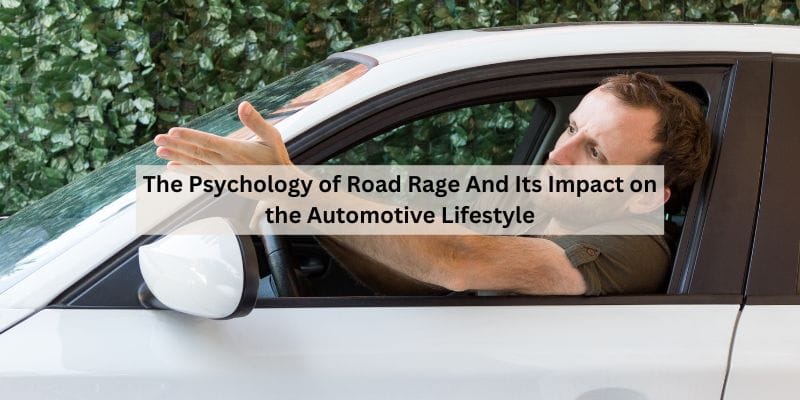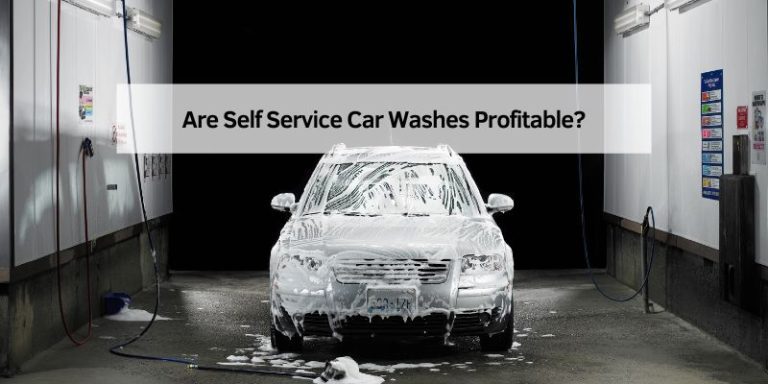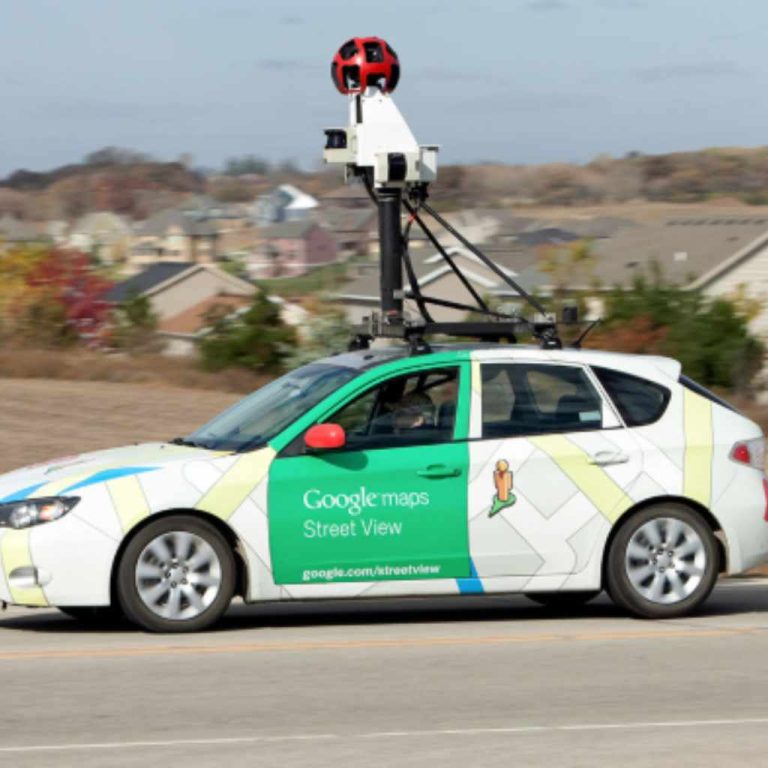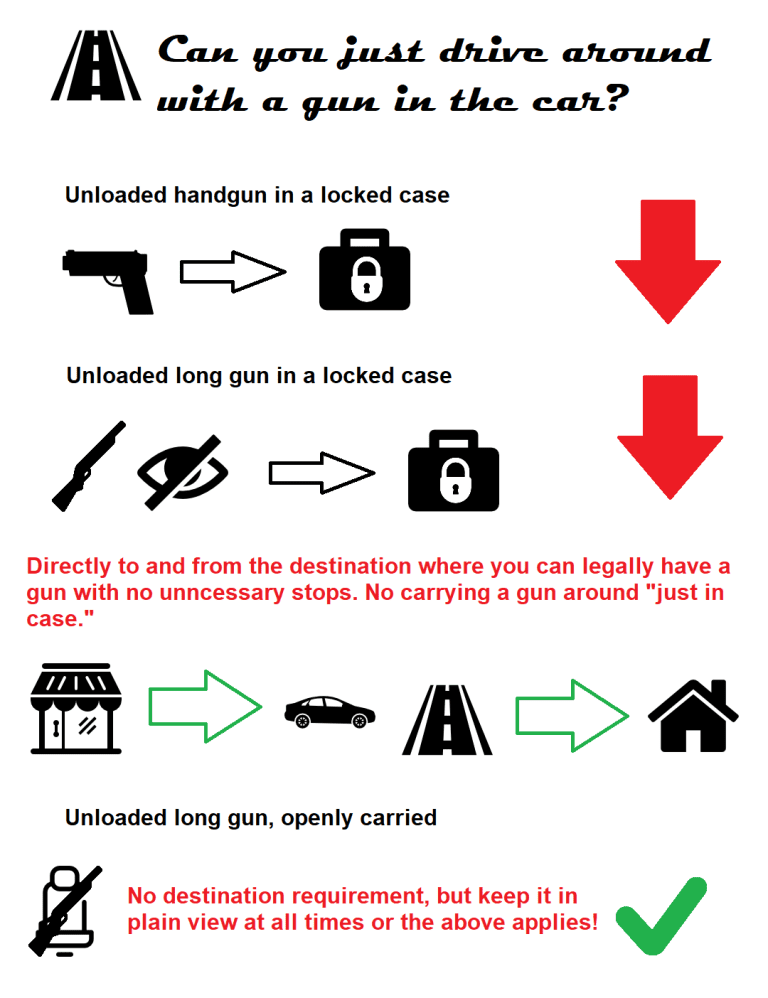The Psychology of Road Rage And Its Impact on the Automotive Lifestyle
Road rage is a psychological phenomenon that affects individuals’ behavior while driving, with potential consequences for their overall automotive lifestyle. It can be caused by various factors, including stressful situations, emotional reactions, and a sense of anonymity on the road.
To control road rage, practices such as mindfulness and changing thought patterns can be employed. Anger can significantly impact a person’s ability to control a vehicle, leading to impulsive and hazardous decisions. The root cause of road rage often stems from preexisting stress or anger issues that are poorly managed.
The neuroscience behind road rage reveals that the prefrontal cortex, specifically the ventromedial prefrontal cortex, plays a role in modulating emotional responses and regulating impulsive behavior. However, during intense anger, the vmPFC may become less active, resulting in impaired decision-making and heightened emotional reactivity. Understanding the psychology of road rage is crucial for promoting safer and more enjoyable automotive experiences.
Triggers And Causes Of Road Rage
Possible causes of road rage include stressful situations like running late, a tendency to react emotionally in general, and a feeling of anonymity on the road. You can control your road rage through practices such as mindfulness and changing your thought patterns.
The Brain On Rage: Understanding The Neuroscience
The psychology behind road rage can be attributed to various factors, such as stressful situations, emotional reactivity, and a sense of anonymity while driving. Practicing mindfulness and altering thought patterns can help in managing road rage. The prefrontal cortex, particularly the ventromedial prefrontal cortex, plays a crucial role in modulating emotional responses and regulating impulsive behavior. However, intense anger can lead to decreased activity in the vmPFC, resulting in impaired decision-making and heightened emotional reactivity. Emotional hijacking during road rage can lead to impulsive and hazardous decisions, impacting driving skills and judgment. Drivers exhibiting aggressive and risky behaviors are more susceptible to road rage incidents.
Psychological Profiles: Who’s At Risk?
The psychology of road rage delves into the profiles of individuals at risk of succumbing to aggressive driving behaviors. Stressful situations, emotional reactivity, and feelings of anonymity on the road contribute to road rage. Understanding and managing emotions through mindfulness and cognitive restructuring can help mitigate the impact on the automotive lifestyle.
Road Rage And Driving Behavior
The psychology of road rage can be attributed to various factors, including stressful situations, emotional reactivity, and a sense of anonymity while driving. This impulsive behavior can lead to hazardous decisions and traffic violations. Anger can impair decision-making and emotional regulation, impacting driving skills and judgment. The neuroscience behind road rage suggests that intense anger can lead to decreased activity in the ventromedial prefrontal cortex, resulting in impaired decision-making and heightened emotional reactivity. Furthermore, individuals with high levels of anger, anxiety, and impulsiveness are more prone to experiencing road rage. It is crucial to address these emotional responses through mindfulness and cognitive restructuring to promote safe and responsible driving behavior.
Road Rage’s Ripple Effect On Society
The psychology of road rage has a significant impact on the automotive lifestyle and society at large. Stressful situations, emotional reactions, and a sense of anonymity on the road contribute to road rage. Understanding and managing emotions through mindfulness and thought pattern changes can help control road rage and its ripple effect on society.
| The Social Costs of Aggressive Driving |
| Road rage can have a ripple effect on society, particularly on traffic and safety. Aggressive driving can lead to traffic violations, accidents, and even fatalities. When anger takes over, logical thinking takes a backseat, causing drivers to make impulsive and hazardous decisions. Additionally, drivers who exhibit dangerous driving behaviors, such as aggressive, risky, and negative emotion cognition driving, are more likely to be involved in road incidents. Short-fused drivers experience more trait anger, anxiety, and impulsiveness, which can be exacerbated by stressful situations like running late or feeling anonymous on the road. To control road rage, practices such as mindfulness and changing thought patterns can help. It is important to understand the social costs of aggressive driving and the impact it can have on society. |
Mitigating Road Rage: Strategies For Drivers
Mitigating road rage is essential for drivers to ensure their safety and the safety of others on the road. One way to do this is through mindfulness, which involves being aware of your thoughts and emotions while driving. By practicing mindfulness, drivers can recognize when they are becoming angry or frustrated and take steps to calm down, such as taking deep breaths or listening to calming music.
Another strategy for mitigating road rage is emotional control. This involves changing your thought patterns and reframing negative thoughts. For example, instead of thinking that the driver in front of you is purposely going slow, you can reframe the situation by thinking that they may be lost or unfamiliar with the area.
Rethinking driving habits is also important for mitigating road rage. Drivers can make a conscious effort to avoid situations that may trigger their anger, such as rush hour traffic or driving in bad weather. Additionally, drivers can practice defensive driving techniques, such as keeping a safe distance from other vehicles and anticipating potential hazards on the road.
Technological And Policy Interventions
Possible causes of road rage include stressful situations like running late, a tendency to react emotionally, and a feeling of anonymity on the road. You can control road rage through mindfulness and changing thought patterns. Legal measures against aggressive driving and smart cars with road safety features are crucial interventions. Smart cars equipped with advanced technologies contribute to road safety by detecting and responding to potential hazards. Legal measures, such as stringent penalties and license suspension, act as deterrents against aggressive driving. Enforcement of traffic laws and regulations is essential to promote safe driving behavior and reduce road rage incidents.
The Path Forward: Cultivating A Calmer Automotive Culture
Research has shown that road rage can be caused by various factors, such as stress, emotional reactivity, and a feeling of anonymity on the road. However, individuals can control their road rage through practices such as mindfulness and changing their thought patterns. To cultivate a calmer automotive culture, promoting empathy and patience is important. Educational campaigns and community engagement can also play a significant role in creating awareness and encouraging safer driving practices. It is crucial to understand the impact of road rage on our driving skills and judgment, as it can lead to impulsive and hazardous decisions, resulting in traffic violations and accidents. Therefore, it is essential to address the root cause of road rage and promote a more positive and safe driving culture.
Frequently Asked Questions
What Is The Psychology Behind Road Rage?
The psychology behind road rage can be attributed to factors such as stress, emotional reactivity, and a sense of anonymity on the road. Mindfulness and changing thought patterns can help control road rage. Anger affects our ability to control a vehicle and can lead to impulsive and hazardous decisions.
The prefrontal cortex plays a role in regulating emotions, but intense anger can impair decision-making. Road rage impacts driving skills and judgment, leading to traffic violations. Short-fused drivers with high levels of anger and impulsiveness are more prone to road rage.
How Does Anger Affect Our Ability To Control A Vehicle?
Anger can negatively impact our ability to control a vehicle. It can lead to impulsive and hazardous decisions, causing drivers to be less attentive to their surroundings and more prone to traffic violations. When anger takes over, logical thinking is compromised, increasing the risk of accidents.
What Is The Root Cause Of Road Rage?
The root cause of road rage can often be attributed to preexisting stress or anger issues. Factors like running late, emotional reactions, and a sense of anonymity on the road can contribute to road rage. Mindfulness and changing thought patterns can help control road rage.
Conclusion
Understanding the psychology of road rage is crucial for navigating the automotive lifestyle safely. Road rage can be triggered by various factors, such as stress, emotional reactions, and a sense of anonymity on the road. It is important to recognize and control road rage through practices like mindfulness and changing thought patterns.
By doing so, we can promote safer and more harmonious driving experiences for ourselves and others. Stay calm, stay mindful, and enjoy the journey.







